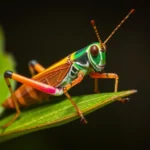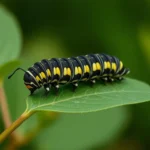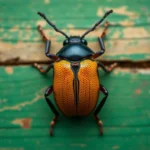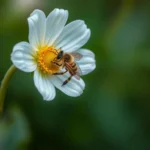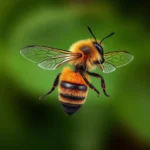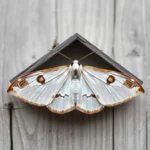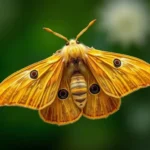The Hidden Meaning Behind the Virus Symbolism of Insects

Disclaimer: Some images on this website are AI-generated artworks and may not accurately represent real animals.
Understanding the Insect World
Insects are not just small, often overlooked creatures; they represent a vast and intricate world full of wonder and significance. As the most diverse group of animals on the planet, insects play a crucial role in our ecosystems.
Overview of Insects as a Group
Insects belong to the class Insecta, which is characterized by a three-part body structure: the head, thorax, and abdomen. They also have six legs, compound eyes, and most species possess wings at some stage of their life cycle. With over a million described species and millions more yet to be discovered, insects are an essential part of life on Earth.
Unique Characteristics of Insects
Among the unique characteristics of insects are their incredible adaptability and complex life cycles. Many insects undergo metamorphosis, transitioning through distinct stages, which can range from egg to larva to pupa and finally to adult. This adaptability allows insects to thrive in diverse environments, from the depths of the ocean to the heights of mountains.
Role of Insects in Ecosystems
Insects play vital roles in ecosystems as pollinators, decomposers, and a food source for other animals. They contribute to nutrient cycling and are integral in the health of terrestrial and aquatic systems. The decline of insect populations can have dire ecological consequences, making their preservation essential for maintaining biodiversity.
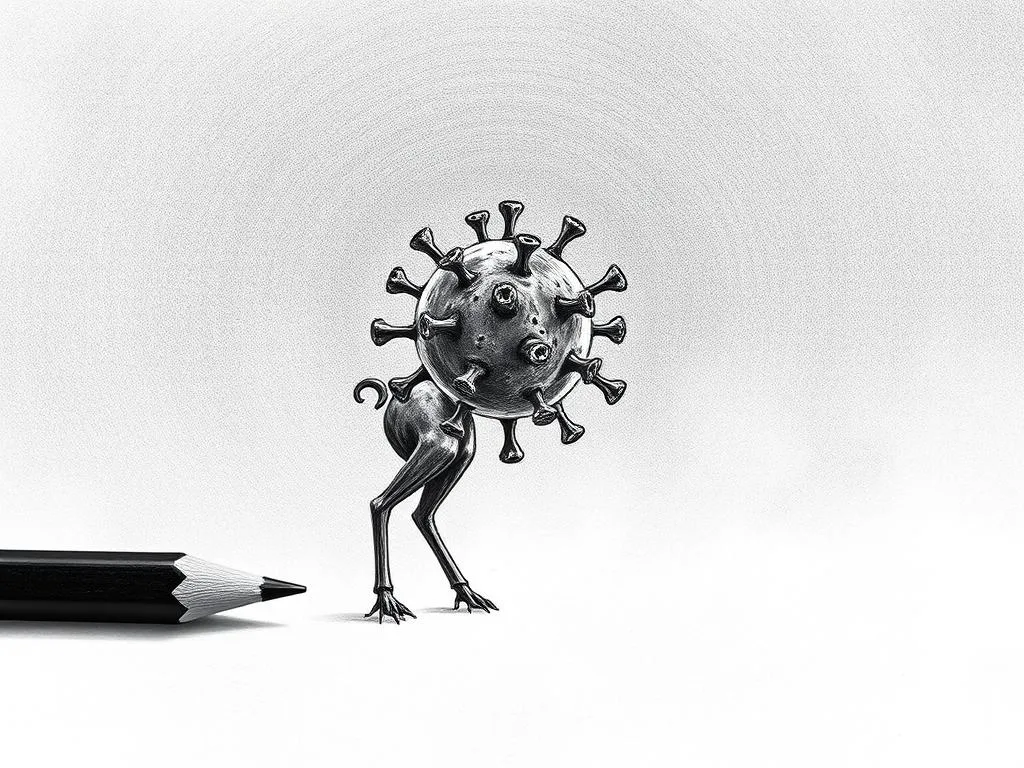
Symbolism & Spiritual Meaning
Insects have long been associated with various symbolisms and meanings, often acting as messengers of change, transformation, and resilience. Their unique life cycles and behaviors offer profound insights into life’s challenges and the human experience.
Insects as Messengers of Change
The presence of insects can symbolize the inevitability of change. Just as insects transition through their life stages, humans too experience growth and transformation. The ability to adapt and embrace change is a powerful lesson that insects impart.
Transformation and Metamorphosis
The metamorphosis of insects, particularly in species like butterflies and moths, is a potent symbol of transformation. This process embodies the idea that profound changes can lead to beautiful outcomes, highlighting the potential for rebirth and renewal in our own lives.
Resilience and Adaptability
Insects are masters of resilience. Their ability to survive in various environments and overcome challenges can inspire individuals facing adversity. The virus symbolism associated with insects also reflects the idea of overcoming obstacles and emerging stronger on the other side.
Specific Insect Symbols
Different insects carry unique symbols and meanings, each contributing to the broader understanding of virus symbolism.
Butterflies: Transformation and Rebirth
Butterflies are often viewed as symbols of transformation and rebirth. Their stunning metamorphosis from caterpillar to butterfly illustrates profound personal growth. The emergence of a butterfly signifies a new beginning, encouraging individuals to embrace their own transformations.
Bees: Community and Hard Work
Bees symbolize community, cooperation, and industriousness. The social structure of a bee colony exemplifies the importance of working together for a common goal. Their diligent nature serves as a reminder of the value of hard work and collaboration.
Ants: Teamwork and Perseverance
Ants are synonymous with teamwork and perseverance. These industrious insects demonstrate how collective effort can lead to significant achievements. Their ability to work together towards a shared objective serves as an inspiration for individuals and communities alike.
Moths: Intuition and the Unconscious
Moths, often associated with intuition and the unconscious, represent the exploration of deeper thoughts and feelings. Their nocturnal nature evokes the mysteries of the night, urging individuals to tap into their inner wisdom and trust their instincts.
Insects in Dreams
Insects frequently appear in dreams, often carrying significant meanings and interpretations. Understanding these dreams can provide insights into our subconscious minds and emotional states.
Common Insect Dreams and Their Interpretations
| Insect Type | Dream Interpretation |
|---|---|
| Ants | Feelings of teamwork or anxiety about responsibilities |
| Butterflies | Change and transformation in waking life |
| Bees | Need for community or collaboration |
| Spiders | Creativity or feelings of being trapped |
Significance of Insect Encounters in Dreams
Insect encounters in dreams can manifest various emotions and themes. Whether they evoke fear, fascination, or curiosity, these encounters often serve as reflections of our waking lives.
Emotional Responses to Insects in Dreams
Emotional responses to insects in dreams can vary widely. Some may experience feelings of dread or disgust, while others may feel inspired or enlightened. Understanding these emotions can help individuals navigate their feelings and personal experiences.
Modern Interpretations
Insects have been a source of inspiration across various forms of art and literature, often symbolizing deeper meanings within cultural contexts.
Insects in Art and Literature
Artists and writers have long utilized insects as symbols in their work. From the beautiful imagery of butterflies in poetry to the eerie presence of spiders in horror stories, insects evoke a range of emotions and ideas. They serve as powerful metaphors for transformation, community, and the complexities of life.
Cultural Significance of Insects in Different Societies
In various cultures, insects hold significant meanings. For example, in ancient Egypt, scarabs represented resurrection and transformation. In some Native American cultures, certain insects are seen as spiritual guides or totems, symbolizing specific virtues or life lessons. The diverse interpretations of insects across cultures highlight their universal appeal and significance.
The Role of Insects in Environmental Awareness and Activism
In recent years, insects have become central to environmental awareness and activism. As vital components of ecosystems, their decline has raised alarms about biodiversity loss. Activists use virus symbolism related to insects to promote conservation efforts, emphasizing the interconnectedness of all living beings.
Key Takeaways
The exploration of virus symbolism and the meanings associated with insects reveals valuable lessons that can enhance our understanding of life and its challenges.
- Insects symbolize transformation, embodying the potential for growth and renewal.
- They highlight the importance of community, teamwork, and perseverance in overcoming obstacles.
- Insect encounters in dreams can provide insights into our emotions and subconscious.
- Different cultures interpret insect symbolism uniquely, emphasizing their universal significance.
- Insects play a crucial role in environmental awareness, reminding us of our responsibility to protect biodiversity.
Conclusion
Recognizing and respecting insects is essential for fostering a deeper connection with the natural world. They offer profound spiritual lessons and symbolize the complexities of life, transformation, and resilience. By embracing the virus symbolism of insects, we can better understand our own experiences and the interconnectedness of all living beings. Reflecting on personal connections to insect symbolism can inspire individuals to appreciate the beauty and significance these creatures bring to our lives.
